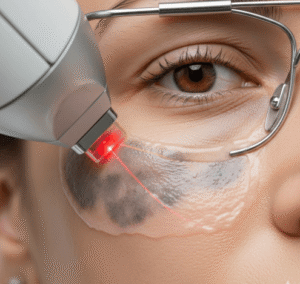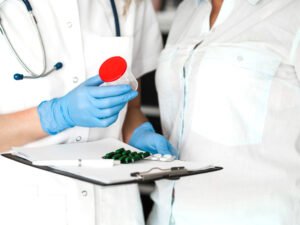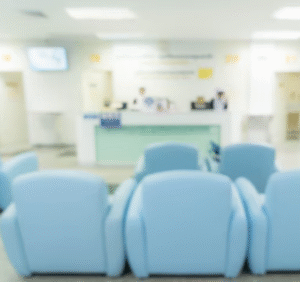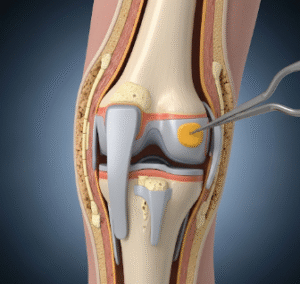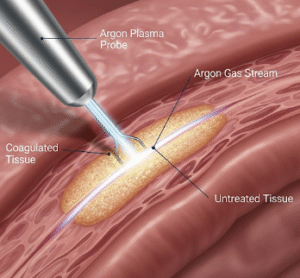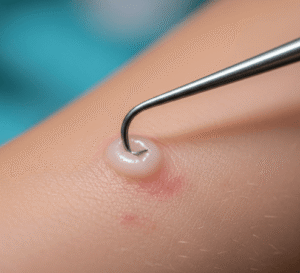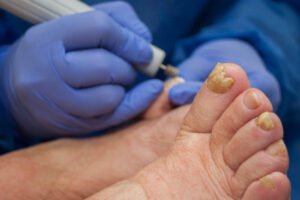Overview
Cystinuria is a rare inherited disorder that causes high levels of cystine in the urine, leading to the formation of cystine kidney stones. The condition affects the transport of certain amino acids in the kidneys. While it does not usually affect overall kidney function directly, recurrent stones can cause pain, urinary tract infections, and potential kidney damage. South Korea offers specialized care for managing cystinuria and preventing stone formation.
What is Cystinuria?
Cystinuria is a genetic disorder in which the kidneys fail to properly reabsorb the amino acid cystine along with other dibasic amino acids (lysine, ornithine, and arginine). Excess cystine accumulates in urine, where it can crystallize and form stones. The condition is usually autosomal recessive, meaning both copies of the gene must be affected.
Symptoms
Symptoms are primarily due to kidney stones and can include:
- Severe flank or abdominal pain (renal colic)
- Blood in the urine (hematuria)
- Recurrent urinary tract infections
- Difficulty urinating or urinary obstruction
- Nausea and vomiting during stone passage
- Recurrent stone formation from a young age
Causes
- Genetic mutations in SLC3A1 or SLC7A9 genes
- Impaired reabsorption of cystine in kidney tubules
- High cystine concentration in urine
Risk Factors
- Family history of cystinuria
- Male gender (stones more common and larger in males)
- Chronic dehydration or low urine output
- Diet high in sodium or protein (may worsen stone formation)
Complications
- Recurrent kidney stones leading to kidney obstruction
- Urinary tract infections
- Kidney damage or scarring if untreated
- Pain and reduced quality of life due to frequent stone episodes
Prevention
- Maintain high fluid intake to dilute urine
- Follow a low-sodium and moderate-protein diet
- Alkalinize urine (to make cystine more soluble) under medical guidance
- Regular monitoring for early detection of stones
Treatment Options in Korea
South Korea provides advanced nephrology and urology care for cystinuria, including medical management and minimally invasive procedures:
- Diagnosis
- Urinalysis to detect cystine crystals
- 24-hour urine collection for cystine levels
- Genetic testing for SLC3A1 or SLC7A9 mutations
- Imaging studies (ultrasound, CT scan) to locate stones
- Medication
- Alkalinizing agents (e.g., potassium citrate) to increase urine pH
- Cystine-binding drugs (e.g., tiopronin or penicillamine) for recurrent stones
- Pain management medications during stone passage
- Surgical & Interventional Care
- Extracorporeal shock wave lithotripsy (ESWL) for breaking stones
- Ureteroscopy or percutaneous nephrolithotomy for larger or obstructive stones
- Preventive procedures for recurrent stone formation
- Lifestyle & Supportive Care
- Ensure consistent hydration throughout the day
- Regular follow-up with nephrologists or urologists
- Patient education on dietary modifications and urine monitoring


